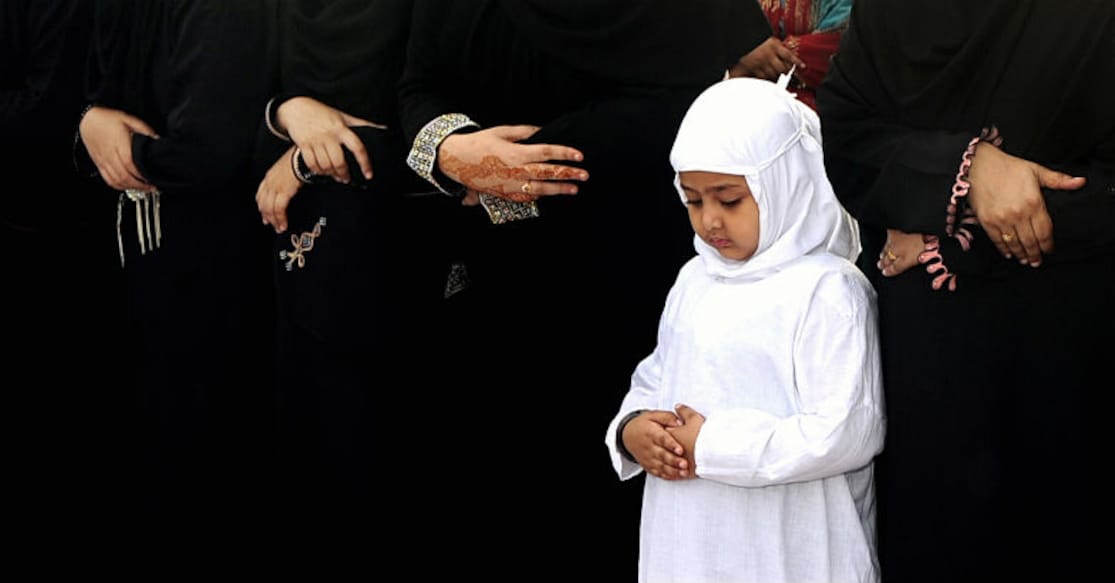Timeless tales of mosques in Kerala

Mail This Article
North Kerala has some unique, age-old mosques. Some go back hundreds of years, while some others are just decades old. Each of them have a story. Take a quick trip with us. **Aayiram juma** The stories attached to the Aayiram Jamaat Jumaath in Manjeswaram, go back in time. To when the disciples of the Prophet himself came to the state to spread the message of Islam. Some of them, were laid to rest at this divine place. This juma masjid gets its name from the fact that it was one of the biggest mohallas of the time and home to over a thousand people. **Beerichery Juma Masjid** The story of Beerichery mosque dates back to about 300 years. The story of the mosque is closely interwoven with the fight for land. During the British reign, four warriors are said to have set out from here to fight for their right over land. They lost their battle; but were interred here. **Kottapuram Edathara Juma Masjid** Once upon a time, this juma masjid was a hub of knowledge. Wisemen took decisions, settled disputes and shared the joys. Its history goes back in time to one in which the Thejaswini river was the most important mode of transportation. The new mosque which you see now was constructed about 50 years ago. **Kakkulangara Mosque** Ibn Battuta, during one of his travels is said to have written about the Kakkulangara Mosque. The land for the mosque was gifted by the Chirakkal Raja, and he had his chief masons helping out with the construction of the mosque. The mosque is a blend of Kerala temple architecture and the Arabian style with minarets. The Arakkal Rajas, of the only Muslim kingdom in Kerala during those days, are credited with the construction. **Kannur City Juma masjid** Over 600 years of history, and one of the biggest mosques in the region, this place of worship holds a special place in the hearts of many. Tall minarets and huge wooden pillars with intricate carvings are the hallmark of this place. Once under the Arakkal kingdom, the mosque now has a local advisory committee looking over it. **Pulingom Makham Shareef** The 'Makham' here predates the invasion of Tipu Sultan, but the mosque was built just over a century ago. The mosque is close to the Karnataka border. The main festival here is the Urus, which is celebrated across religious barriers. **Oliyenkara Juma masjid** Once, long ago, the Chiraykal king and his retinue were on their way from Cherukunnu Annapoorneshwari temple to Madayikavu. On their way, when they passed the place where the mosque stands now, the Raja is said to have seen a divine light. The royal astrologers were called in and they found a divine presence, that of a Muslim captain. A mosque was built here. The King brought four Muslim families from Valapattanam and gave them the authority to run the mosque. The mosque was rebuilt a couple of times, the latest being in 1986. **Padanna Valiya Juma masjid** Built by Tipu Sultan, this mosque is over a couple of centuries old. It is written in the history books that this mosque used to get the money for its upkeep, known as the malikhan, a sum of Rs 2 from Tipu Sultan, but this was stopped later on. This mosque is now a famous study centre. **Saithar Mosque** Long long ago, a lot of heroes laid down their lives for a cause—the fight against the Portuguese, which was spearheaded by the great Kunjali Marakkar. To commemorate the people who lost their lives, to those became _shaheed_, the Shaheed mosque came to be. The word _shaheed_ later on became _saithar_. The story of the mosque is incomplete without a mention of C. K. Revathiamma. Once, when there was a communal clash, this lady stood firm one her stance that no one should attack the mosque, sowing the seeds of communal harmony. **Kubol Thangal mosque** Compared to the other mosques on this list, this one is new. Built in 1972, this mosque is a monument to the hard work of Papam Koya thangal. The Urus festival held once in five years sees a lot of believers from all parts of the country.

